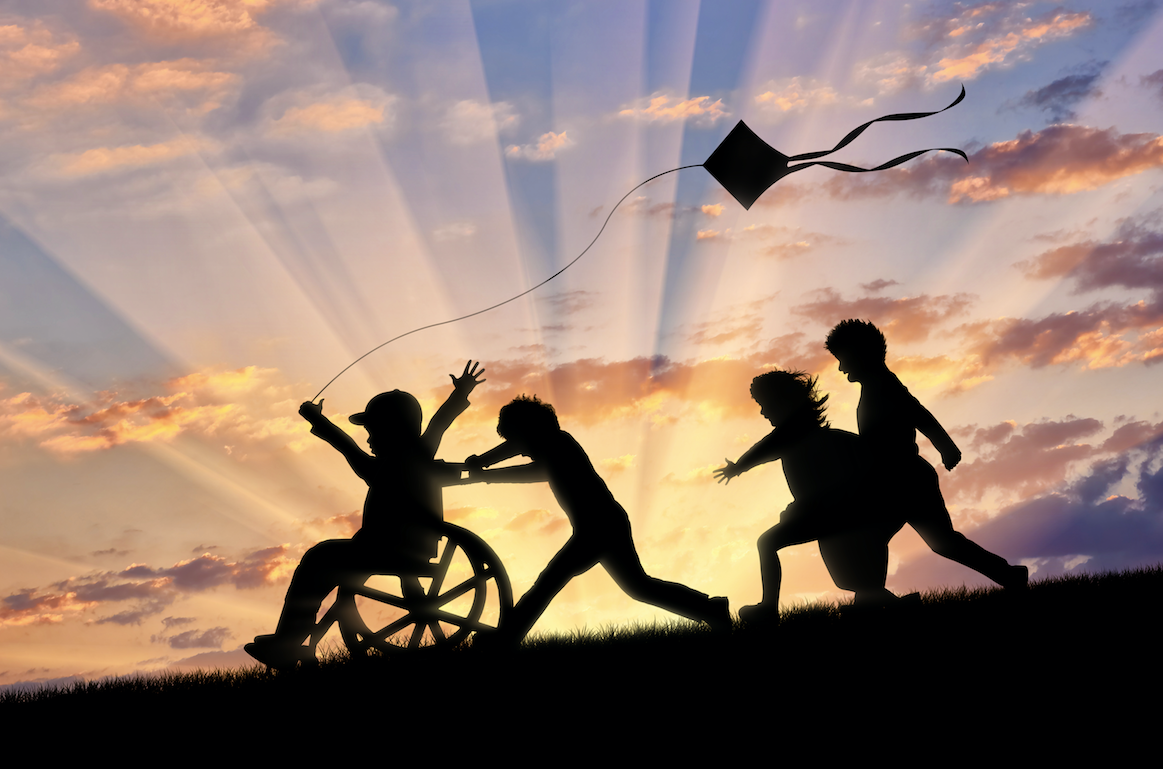How many parents with kids with brain injuries or other neurological issues were suggested to “wait and see”? And this is during the time when the brain is actively developing and is capable of using healthy brain tissues to take over the functions of the damaged parts of the child's brain.
Parents on discharge from the NICU rarely have a specific therapy plan in place for their at-risk child. Actually, parents at any given point of time rarely have a proper therapy plan in place. At the most critical time, when professionals have to suggest equipment, methods and actions - the main suggestion is to wait and see, it is important to find a therapist who's on the same page and takes early intervention seriously.
Another thing what therapists fail to speak about is positive potential outcomes. Hope and optimism paired with timely early (read as early as possible) intervention are what really important for kids with brain injuries.
If parents wish their child to walk, talk and do other things, many professionals still secretly think hopeful parents are “in denial” and they discourage them from setting their hopes too high, for fear of disappointment.
As parents and therapists, we would suggest to:
1. Plan a therapy program.
Ask each of your therapists what’s their primary three goals are and what’s their program for your child. Have a long term vision. Consider intensive courses (Wings therapy centre offers them)
2. Stay positive.
Overall, 80% of children with CP are now expected to either walk independently (Level I and II on the GMFCS) or with an aid such as a cane, crutches or walker (Level III). (source: Sarah McIntyre et al, “Cerebral palsy-don’t delay”, Developmental Disabilities Research Reviews, 17 (2011): 114–129.)
3. First, move well, and then move often.
Don’t focus on the amount of movement, focus on quality. Get proper trunk support, AFOs etc. Don’t let your kid develop abnormal postures.
4. Novelty stimulates neuroplasticity.
Always try new things and new therapies, get your kid’s best therapist. Learn and practise every exercise your kid does and repeat it at home. Try to move around and bring your kid to cafes and outings.
We know how frustrating can it be navigating in the world of therapies and equipment, drop us a note to catch up for coffee and see what can we suggest to help you achieve better highs with your child.

